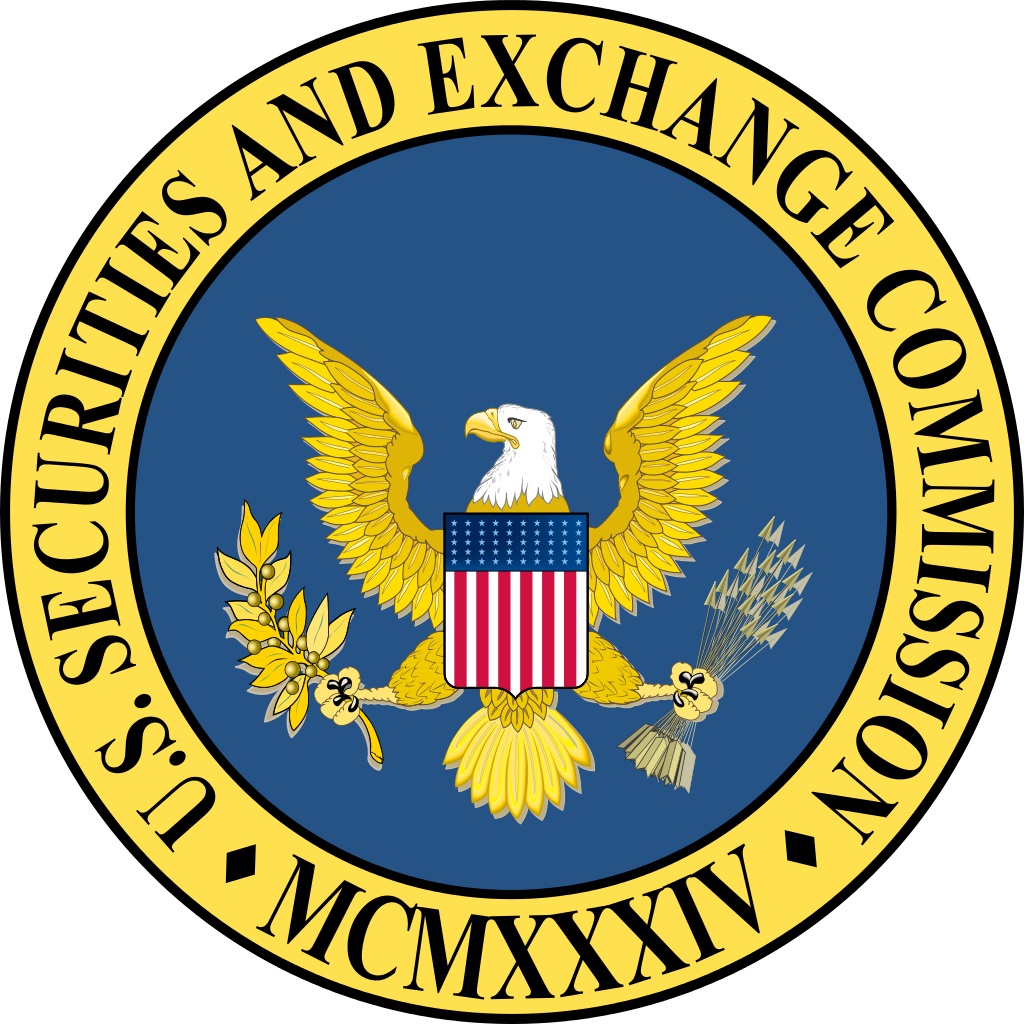

The U.S. Securities and Exchange Commission (SEC) has just announced fraud charges against Aveo Pharmaceuticals Inc. (NASDAQ: AVEO) and three former executives for misleading investors concerning the company’s efforts to obtain U.S. Food and Drug Administration (FDA) approval for its flagship developmental drug to treat kidney cancer.
The SEC alleged that this Massachusetts-based biotech concealed the FDA’s level of concern about tivozanib in public statements to investors by omitting the critical fact that FDA staff had recommended a second clinical trial to address their concerns about patient death rates during the first clinical trial.
When the FDA made public months later that it had recommended an additional clinical trial, the company’s stock price dropped 31%. The company never conducted the additional trial, and the FDA later refused to approve tivozanib.
Aveo has agreed to pay a $4 million penalty to settle the SEC’s charges without admitting or denying the allegations in the complaint filed Tuesday in federal court in Boston. The SEC’s case continues against three of the company’s former officers: Chief Executive Officer Tuan Ha-Ngoc, Chief Financial Officer David Johnston and Chief Medical Officer William Slichenmyer.
Paul G. Levenson, director of the SEC’s Boston Regional Office, commented:
We allege that AVEO and its executives hid from investors the reality of their communications with the FDA on Tivozanib while suggesting they had identified a simpler route to FDA approval. Companies must be forthcoming about their communications with regulators so investors can make informed investment decisions while knowing what challenges may lay ahead.
According to the SEC’s report:
- AVEO raised $53 million in a public offering of its stock in January 2013 while failing to disclose that the FDA staff had explicitly recommended during a May 2012 meeting that AVEO conduct an additional clinical trial for Tivozanib.
- AVEO and its officers understood that the FDA’s concerns were serious and an additional clinical trial is an expensive and time-consuming proposition. While AVEO went so far as to design a second trial and present trial designs to the FDA, it was never conducted.
- In corporate communications, AVEO and its officers suggested that they intended to satisfy the FDA by presenting new analyses of the data that had been gathered in the previous clinical trial. In doing so, AVEO concealed the FDA staff’s level of concern about Tivozanib’s impact on patient survival and the recommendation that AVEO conduct a second clinical trial.
- Ha-Ngoc and Johnston knowingly approved and certified a press release and public filings that failed to disclose the FDA staff’s recommendation for an additional clinical trial.
- Johnston also made public statements during investor conferences suggesting the FDA staff had asked only for an explanation of the survival results. In reality, the FDA staff had recommended a second trial.
- Slichenmyer misled investors in an investor conference call when he falsely stated he could not “speculate” on what the FDA “might be thinking” and “might want [AVEO] to do in the future.” He actually knew that the FDA staff had recommended an additional trial.
Shares of Aveo were trading at $0.92 Tuesday afternoon, with a consensus analyst price target of $3.00 and a 52-week trading range of $0.82 to $3.50.
Essential Tips for Investing: Sponsored
A financial advisor can help you understand the advantages and disadvantages of investment properties. Finding a qualified financial advisor doesn’t have to be hard. SmartAsset’s free tool matches you with up to three financial advisors who serve your area, and you can interview your advisor matches at no cost to decide which one is right for you. If you’re ready to find an advisor who can help you achieve your financial goals, get started now.
Investing in real estate can diversify your portfolio. But expanding your horizons may add additional costs. If you’re an investor looking to minimize expenses, consider checking out online brokerages. They often offer low investment fees, helping you maximize your profit.
Thank you for reading! Have some feedback for us?
Contact the 24/7 Wall St. editorial team.



